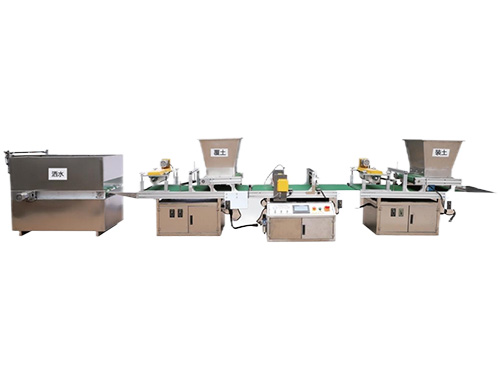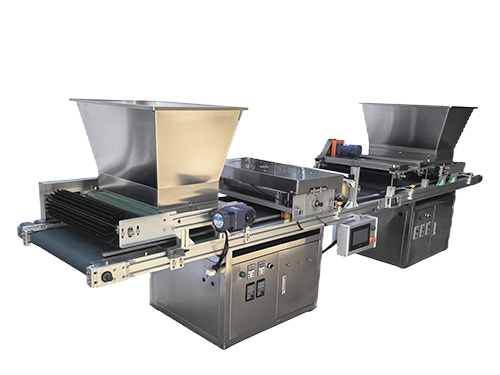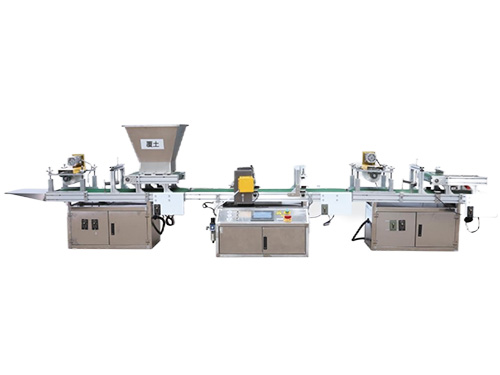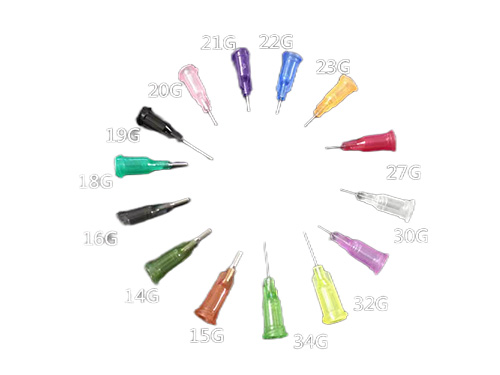How to Choose the Right Size of Seedling Trays? Tips for Matching Different Plants
2025-04-17 07:25:12
I. Introduction
In horticulture and agricultural seedling cultivation, the size selection of seedling trays directly affects the growth efficiency of seedlings and the convenience of management. This article will explain how to choose appropriate trays based on plant characteristics, helping you avoid size missteps and laying a foundation for successful seedling cultivation.
II. Logic of Matching Seedling Tray Sizes with Plant Characteristics
2.1 Selecting Trays Based on Plant Root Characteristics
Shallow-rooted plants (such as lettuce and petunia) should be prioritized in shallow and wide trays (depth ≤5cm) to prevent excessive root growth and entanglement within the tray. Deep-rooted plants (such as tomatoes and okra) require deep trays (depth ≥10cm) to ensure sufficient vertical growth space for the main roots.
2.2 Planning According to Mature Plant Size
For small flowers/herbs (such as mint and pansies), trays with a single-cell capacity of 10-20ml are sufficient, facilitating later transplantation and division. For large vegetables/woody plants (such as pumpkins and roses), it is recommended to use large-capacity single-cell trays or trays with grid spacing >5cm to allow for seedling expansion.
III. Key Considerations for Purchasing Seedling Trays
3.1 Balancing Budget and Durability
Material selection priority: PP plastic (wear-resistant) > PS foam (lightweight but prone to breakage). When on a budget, focus on universal shallow trays suitable for most common plants.
3.2 Avoiding Pitfalls in Size Details
Drainage hole design: Check the density of holes at the bottom of the tray to prevent waterlogging and root rot.
Cell structure: Trays with clear grids facilitate precise control of seeding density and reduce transplant damage.
IV. Tray Selection Strategies for Different Plant Types
4.1 Sizing Recommendations for Vegetable Seedlings
Leafy greens (such as lettuce and spinach): Suitable for 30×50cm shallow trays with single-cell spacing of 2-3cm. Fruiting vegetables (such as peppers and eggplants): Choose deep divided trays with a single-cell depth of ≥8cm.
4.2 Key Points for Flower Seedling Sizing
Annual flower seeds (such as petunia and lobelia): Recommend 72-128-hole trays for fine management. Perennial flowers (such as geraniums and hydrangeas): Use large-diameter (below 50 holes) deep trays to support root expansion.
V. Extended Techniques for Size Matching
5.1 Relationship Between Seeding Density and Trays
Follow the principle of "sparser is better" by placing 1-2 seeds per hole for small seeds (such as petunia) and 1 seed per hole for large seeds (such as peas).
5.2 Multi-Stage Seedling Cultivation Plan
Initially use shallow trays for concentrated seedling cultivation. After the seedlings develop 2-3 true leaves, transplant them to deep single-plant pots to optimize root development.
VI. Conclusion
The size selection of seedling trays should consider plant root characteristics, growth stages, and management needs. By precisely matching tray specifications, you can enhance seedling cultivation efficiency and create an ideal environment for healthy seedling growth. Take action now and embark on an efficient seedling cultivation journey with the right trays!

It adopts electrical integration and can be started by pressing the fully automatic button ...

The XP750 seeder has stable performance, excellent product quality, simple and convenient o...

It adopts electrical integration and can be started by pressing the fully automatic button ...

Needle list Seed nozzle model Different models Sowing types are different...



